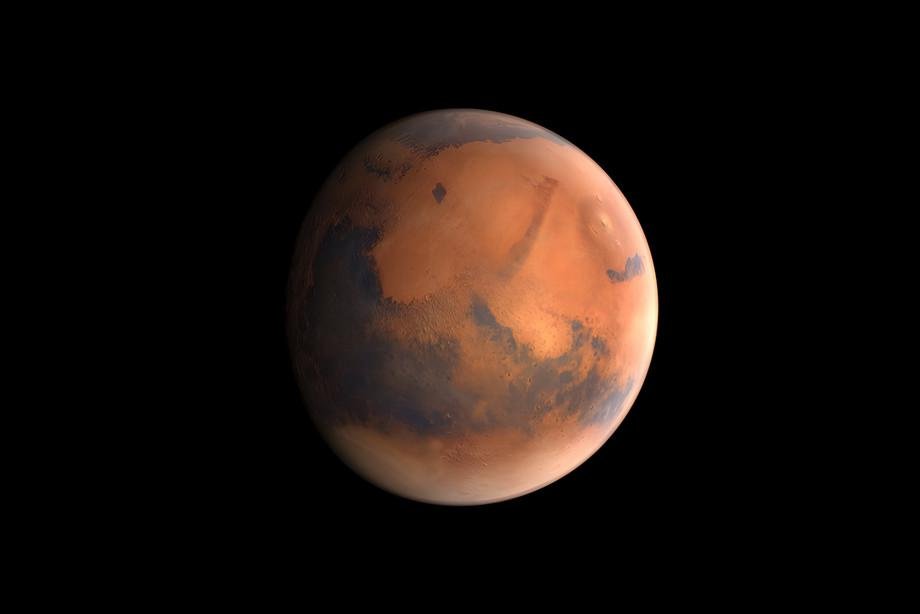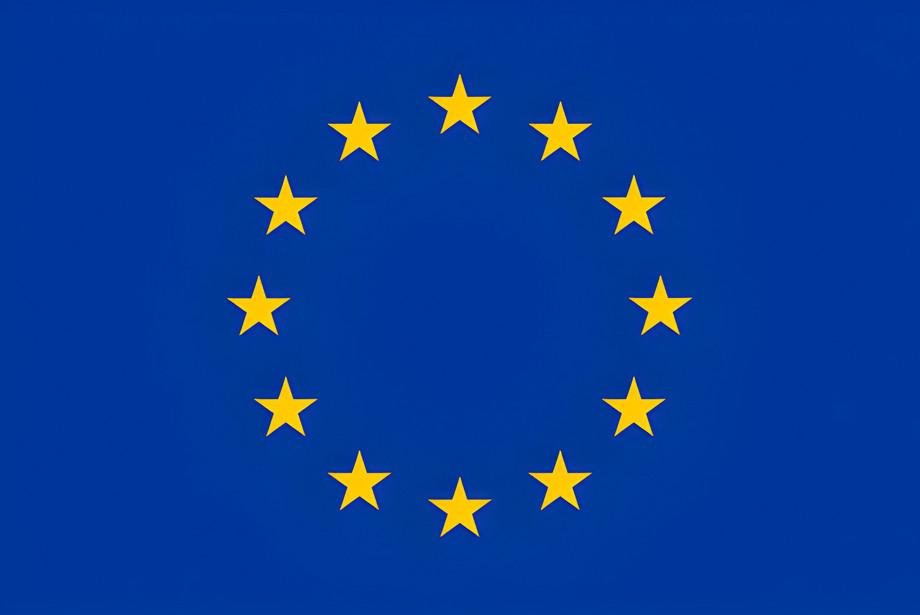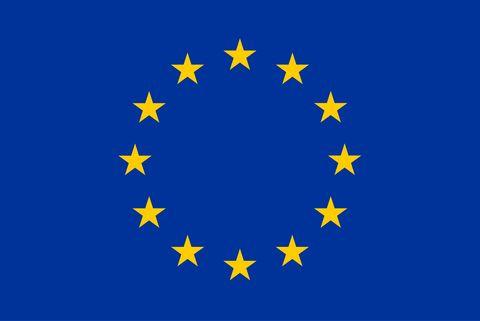Project details
'Europlanet 2024': Data science for space at the University of Passau


Information from space missions, simulations and laboratory experiments: the European Research Network 'Europlanet 2024' accommodates a wealth of data. A team at the University of Passau is developing machine learning methods to make those data usable.
"I'm hoping for some exciting data from the project", says Professor Michael Granitzer, holder of the Chair of Data Science at the University of Passau. The outlook seems propitious, because among other things the European research network 'Europlanet 2024' has access to the virtual observatory VESPA, which is fed by 54 planetary science services, and they supply data from space missions, simulations and laboratory experiments.
"It's our job to make data from space usable and searchable", explains Professor Granitzer, who, together with his doctoral researcher Jörg Schlötterer, is making a contribution in the field of machine learning for astrophysical data in the funding period up to 2024. "We're concentrating on the automated processing of these data. For example, we can forecast changes in planets' magnetic fields and classify distant planets."
Reaction to scientific and technological challenges
The work package involving 'machine learning solutions for data analysis and utilisation in the planetary sciences' is one of the measures with which the 'Europlanet 2024' RI is reacting to the most important scientific and technological challenges that the planetary sciences have to face. The Austrian Academy of Sciences (OEAW) and the KNOW Center Graz, an Austrian research centre for data-driven business and Big Data analytics, are leading the work package. From Germany, the University of Passau and the German Aerospace Center (DLR) are participating.
Overall, the 'Europlanet 2024' RI is led by the University of Kent, UK. Apart from the University of Passau, the beneficiary institutions include 52 other organisations from 21 countries in the EU and around the world. Beyond that, the research network comprises a further 44 affiliated partnerships.
The field sites in the network stretch from Africa to the Arctic Circle and include places on Earth where atmospheres can be found that resemble those on other planets, such as the icy environments of the Galilean Moons, geothermically active regions of Venus, and lava caves on the Moon or Mars. Eleven laboratories provide simulation facilities for environments which do not exist on Earth. A further 13 facilities offer capabilities to analyse the composition of planetary samples with greater precision.
Massive expansion of virtual services planned
The 'Europlanet 2024' RI is, furthermore, aiming to expand its virtual access services by adding a geological mapping portal. The intention is to have 30 more databases feeding data to the VESPA observatory. 'Europlanet 2024' also plans to extend its planetary space weather service SPIDER, to provide predictions and alerts for space vehicles with a view to solar activity. To enhance collaboration with professional and amateur astronomers, 'Europlanet 2024' is launching a worldwide network of small telescope facilities, which will be able to provide rapid response observations to support planetary missions.
Under grant agreement No. 871149, the Europlanet 2024 RI has received €10 million in funding from the European Union's Horizon 2020 research and innovation programme to provide access to state-of-the-art research facilities and a mechanism to coordinate Europe's planetary science community. The network also builds on the heritage of projects funded by the European Commission which date back over more than 15 years.
Further information:
- 'Machine Learning' on the Europlanet 2024 RI project website
- Europlanet Society website
- News updates on Twitter via @europlanetmedia
| Principal Investigator(s) at the University | Prof. Dr. Michael Granitzer (Lehrstuhl für Data Science) |
|---|---|
| Project period | 01.02.2020 - 31.01.2024 |
| Website | http://europlanet-2024-ri.eu |
| Source of funding |  Europäische Union (EU) > EU - 8. Forschungsrahmenprogramm (Horizon 2020) |
| Projektnummer | 871149 |
| Förderhinweis | “This project has received funding from the European Union’s Horizon 2020 research and innovationprogramme under grant agreement No 871149”. |

